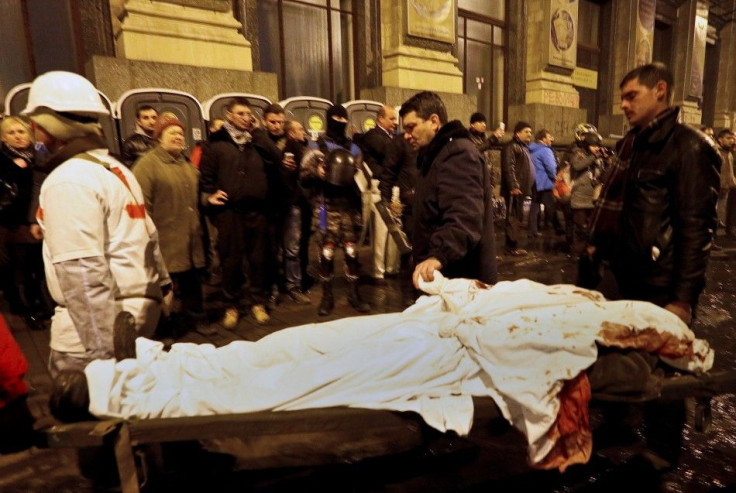Man Pulled Back To Consciousness After Dying, Confirms That Life Continues After Death, Say Medical Experts

After death, life goes on--at least for three minutes. A team in U.K. has explored the phenomenon in the last four years, looking for answers while recording the experiences of cardiac arrest patients. They found that almost 40 percent of those who "came back from death" said they had some kind of "awareness" even at the point when they were clinically dead, according to The Independent.
The brain continues to function for a while, says the largest ever medical study on the topic, according to an article published in the journal Resuscitation. So far, experts believe the brain dies within 20 to 30 seconds when the heart stops beating, after which awareness is not possible. However, new research says a patient had experiences of real incidents for three minutes after his brain reportedly "shut down." When he was revived, he could even report what had happened in the room.
Near-death experiences or NDE, as well as out-of-body experiences or OBE, have intrigued people, and most experts have questioned their existence. However, the latest experience offers a thrilling insight into what happens after death.
Earlier, Dr Sam Parnia, an assistant professor at the State University of New York and a former research fellow at the University of Southampton who led the team, had surmised that near-death experiences were only "hallucinatory events," according to The Independent. However, one man, a 57-year-old social worker from Southampton, gave a "very credible" narration of what was happening while doctors and nurses were trying to revive him. He felt as if he was watching himself being revived.
Dr Parnia said: "We know the brain can't function when the heart has stopped beating." Yet, in this case, he realised that for three minutes, there was awareness in the patient. The man described all the events that followed his death, but two bleeps came from a machine after every three minutes. Hence, it made the doctors understand that the length and type of the experience was in sync with the real happenings in the room, according to The Times of India.
Dr Parnia had studied 2,060 patients from 15 hospitals in the U.K., U.S. and Austria. It has been published in the journal Resuscitation. Among the survivors, 46 percent reported a number of memories, nine percent talked about various incidents they underwent that seemed to be near-death experiences and two percent seemed to "see" and "hear" various out-of-body experiences. Dr Parnia said that he was now ready to conduct "genuine investigation without prejudice."
In another study by German medical experts on 944 volunteers from various religions, the doctors found that belief and faith did not have any meaning after death. The only thing that united all of them in an experiment after "death" was the following: "Most common memories include a feeling of detachment from the body, feelings of levitation, total serenity, security, warmth, the experience of absolute dissolution, and the presence of an overwhelming light."






